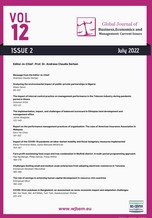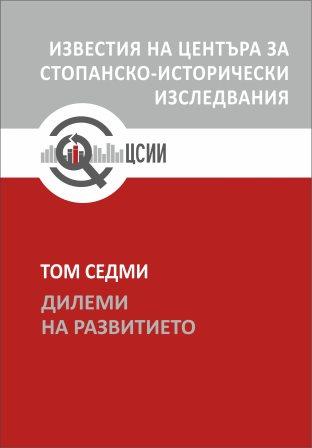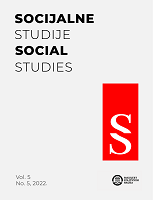Author(s): Aleksandar Zlatanov / Language(s): Bulgarian
Issue: 1/2022
The following research intends to examine and uncover the economic and trade network of Karlovo’s entrepreneur Evlogi Georgiev in 1839, based on his earliest preserved trade notebooks as a source kept today in the Historical Museum of Karlovo. It was precisely on 1 January 1839 that the famous “Pulievi – Georgievi” Company was established. The partners, Evlogi and his uncles Pulievi, signed the contract and distributed their roles and functions. The entity had three headquarters across the Balkans – Karlovo (operated by Hristo Puliev), Bucharest (operated by Evlogi Georgiev) and Galați (operated by Nikola T. Puliev). Thus, the main relationship and points of commercial and economic activity was as follows: Karlovo– Bucharest – Galați. The sources showed that the model of economic activity and trade includes the purchase of goods (mostly raw materials and semi-finished products) mainly from Karlovo and the region, which were sent through the network of associates on several main routes to the Danubian principalities for sale. Almost all exported commodities were transferred via Svishtov and Zimnicea on the Danube. The main products that “came out” of Karlovo region were woolen braid lace, woolen and cotton yarn, lining, leathers, bags, rice, baize, coarse woolen cloth or frieze, silk, madder, rose oil, etc. Evlogi Georgiev’s network operated in a considerable geographical area. The range extended into the hinterland of the European part of the Ottoman Empire (Rumelia), along the Danube River and to the north of then free-trading Danube principalities. The network itself of “Pulievi – Georgievi” Company relied exclusively on social capital – the Bulgarian emigrants and merchants along the Danube River. In this way, an effective structure of trusted collaborators and commissioners was built invital topographical points along the Danube River, which was of capital importance. Such network of trusted partners with fast contacts and exchanged information make the commercial activities efficient. Skillful coordination and leadership at the operational level by the Karlovo’s entrepreneurs, together with honest relationships throughout the network, increased the added value. The high quality Bulgarian goods, the main subject of trade, were also an important element of the success. All this leads to the conclusion that the economic and trade network for a long distance operations of E. Georgiev and his uncles built in 1839 was precisely the necessary stable and effective foundation, the first most important step, for the transformation of the Karlovo’s entity into one of the largest Bulgarian companies in the 19th century.
More...





